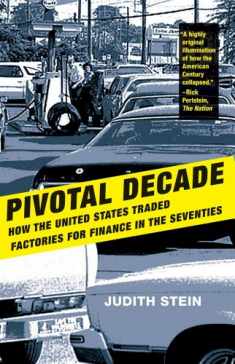
The Fissured Workplace: Why Work Became So Bad for So Many and What Can Be Done to Improve It
Book details
Summary
Description
For much of the twentieth century, large companies employing many workers formed the bedrock of the U.S. economy. Today, on the list of big business's priorities, sustaining the employer-worker relationship ranks far below building a devoted customer base and delivering value to investors. As David Weil's groundbreaking analysis shows, large corporations have shed their role as direct employers of the people responsible for their products, in favor of outsourcing work to small companies that compete fiercely with one another. The result has been declining wages, eroding benefits, inadequate health and safety conditions, and ever-widening income inequality.
From the perspectives of CEOs and investors, fissuring--splitting off functions that were once managed internally--has been a phenomenally successful business strategy, allowing companies to become more streamlined and drive down costs. Despite giving up direct control to subcontractors, vendors, and franchises, these large companies have figured out how to maintain quality standards and protect the reputation of the brand. They produce brand-name products and services without the cost of maintaining an expensive workforce. But from the perspective of workers, this lucrative strategy has meant stagnation in wages and benefits and a lower standard of living--if they are fortunate enough to have a job at all.
Weil proposes ways to modernize regulatory policies and laws so that employers can meet their obligations to workers while allowing companies to keep the beneficial aspects of this innovative business strategy.


We would LOVE it if you could help us and other readers by reviewing the book
Book review




